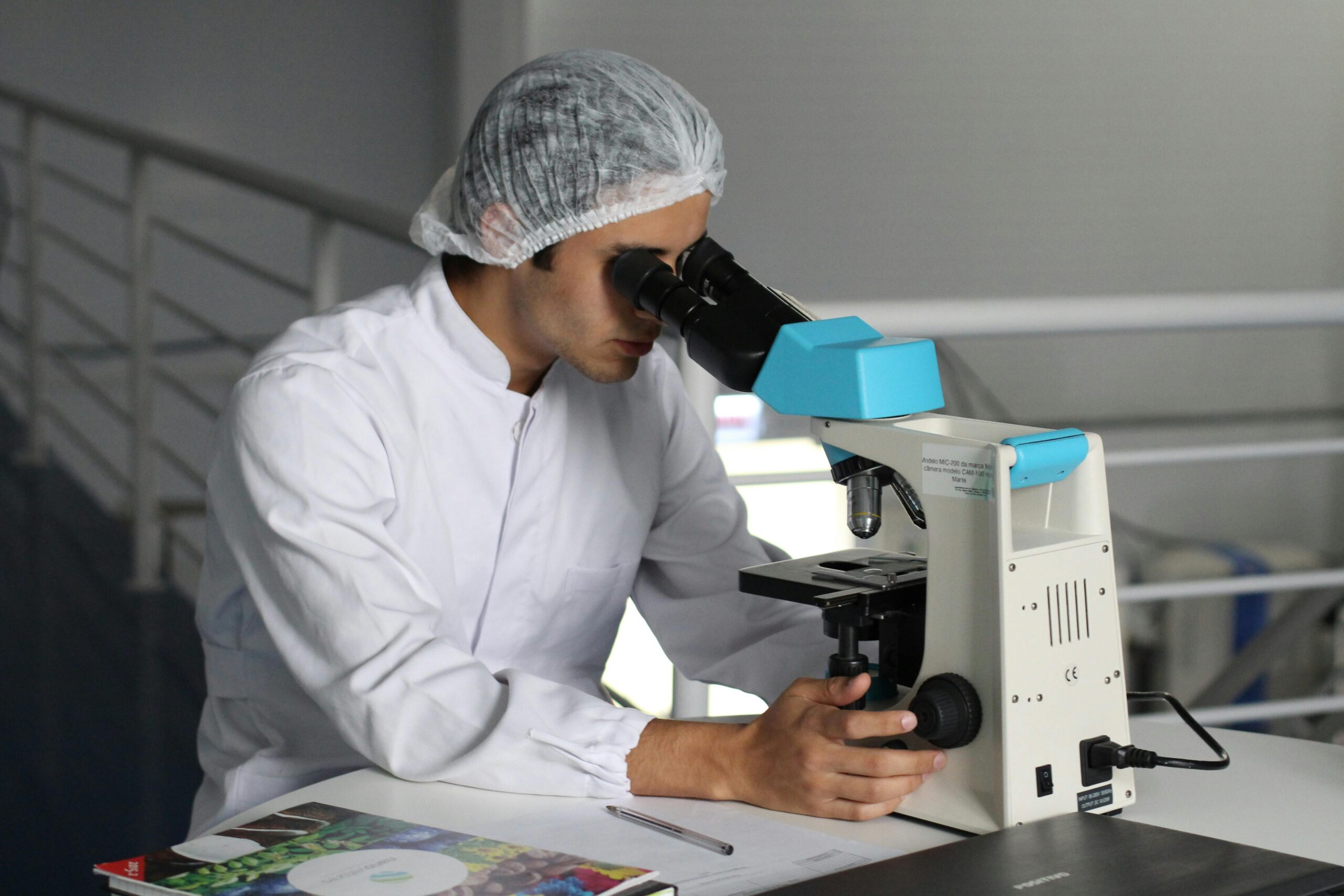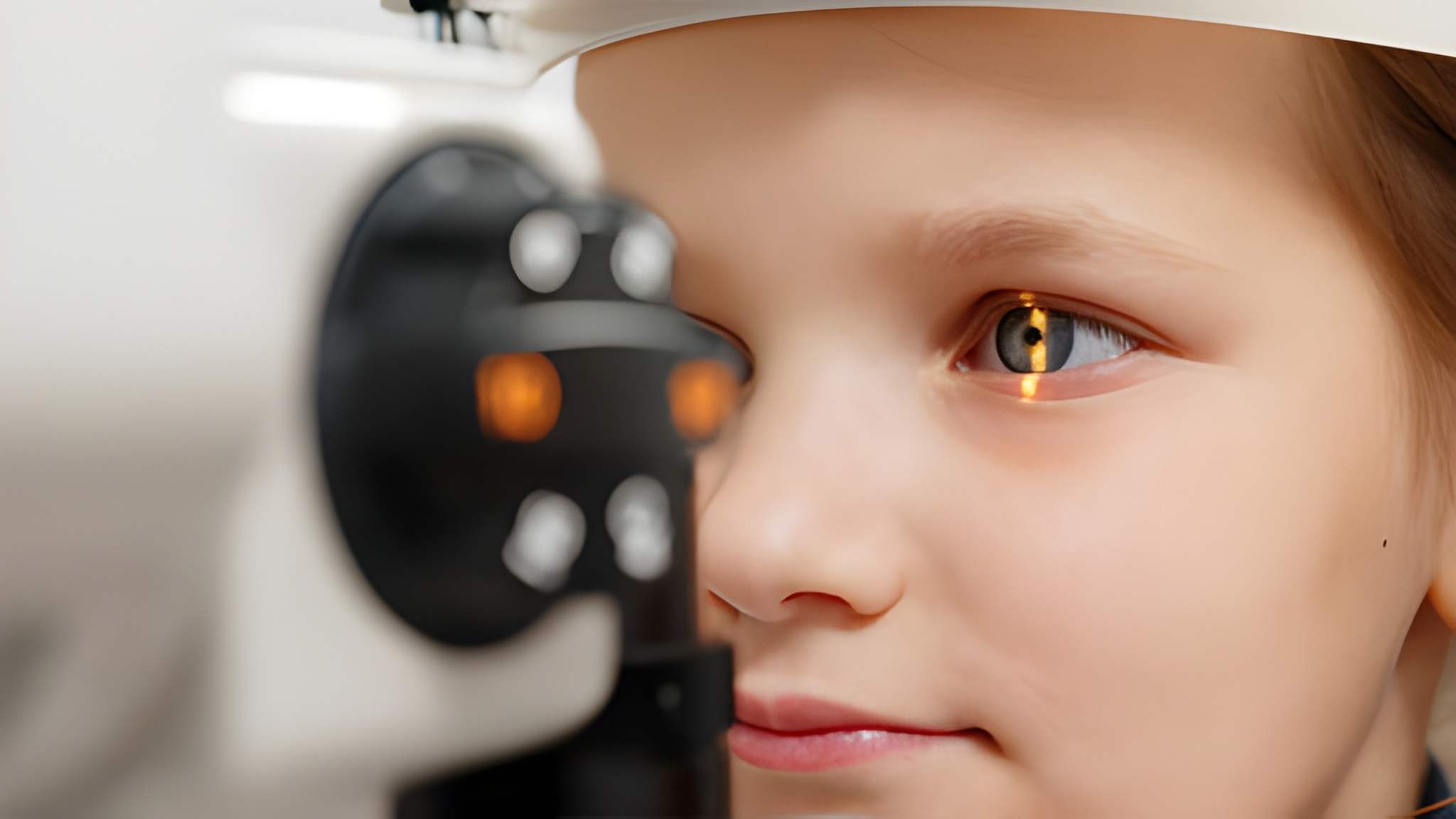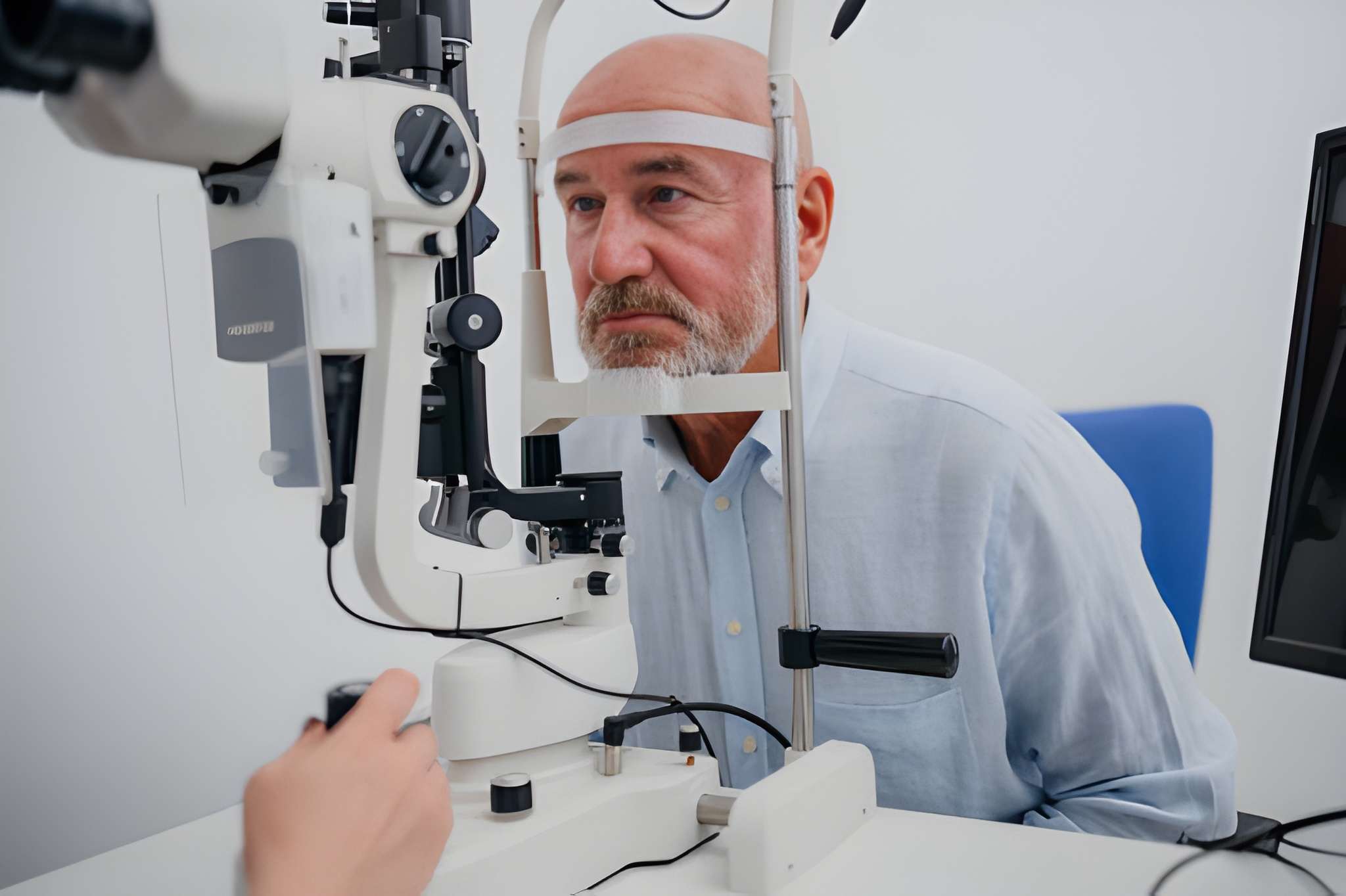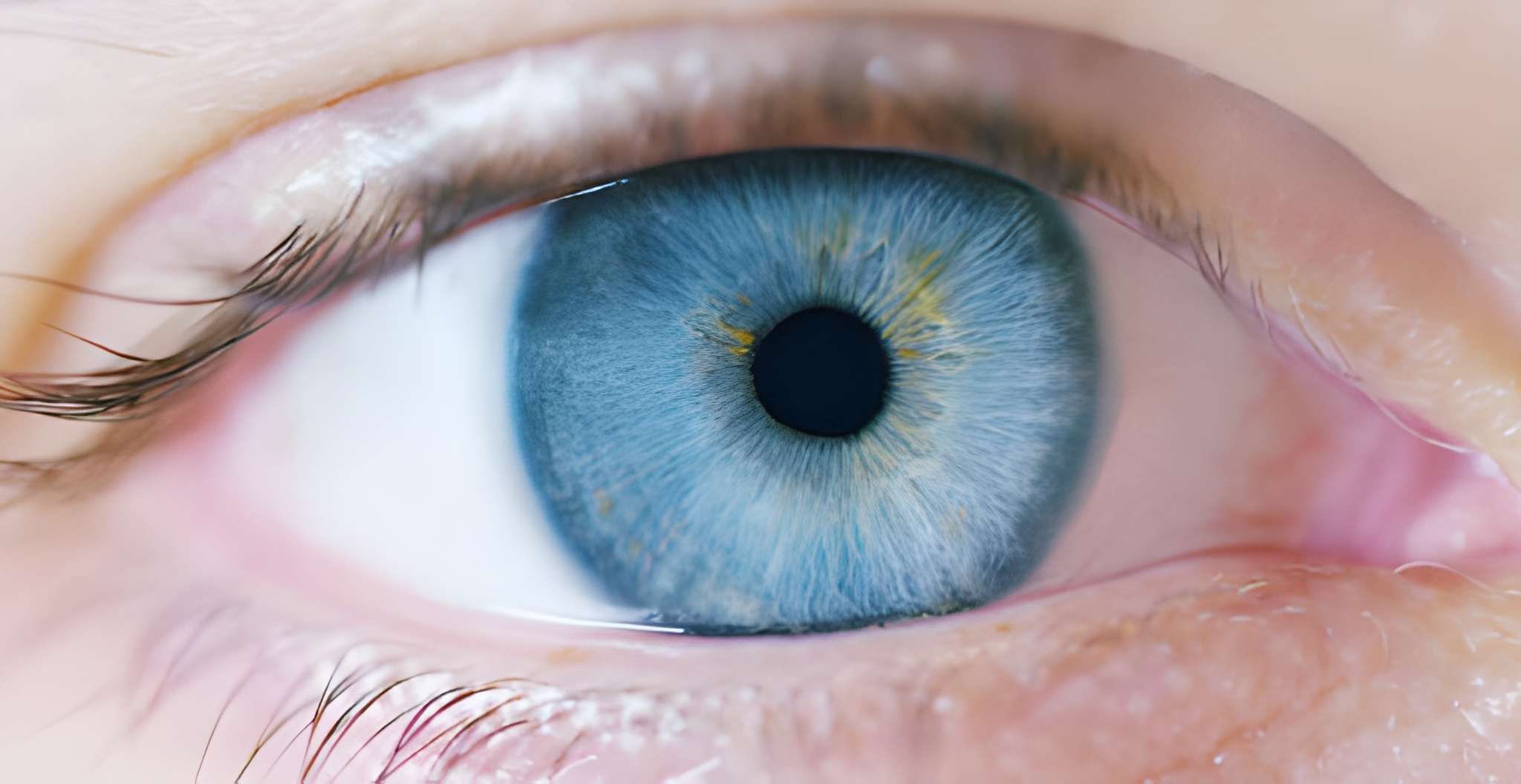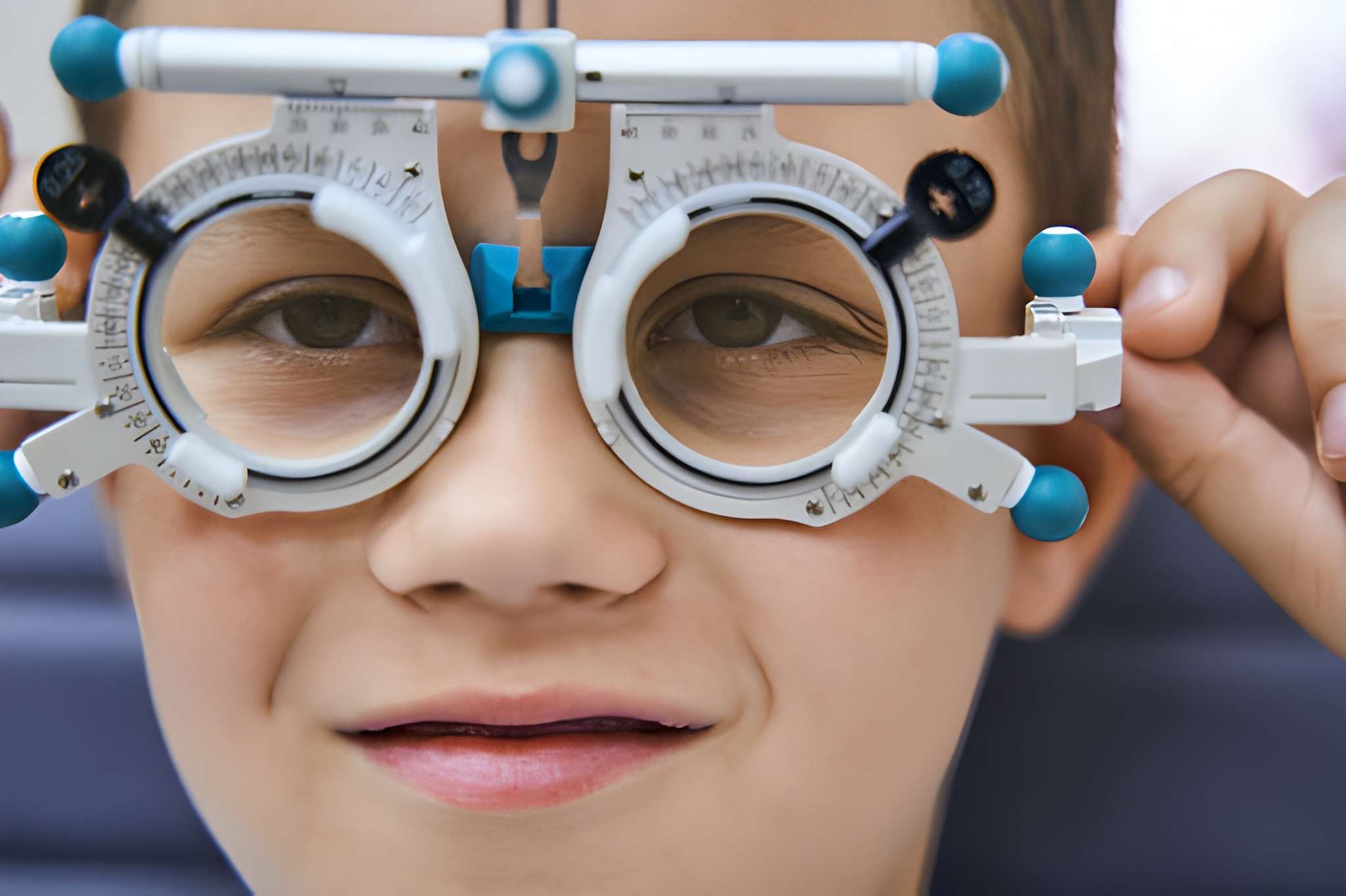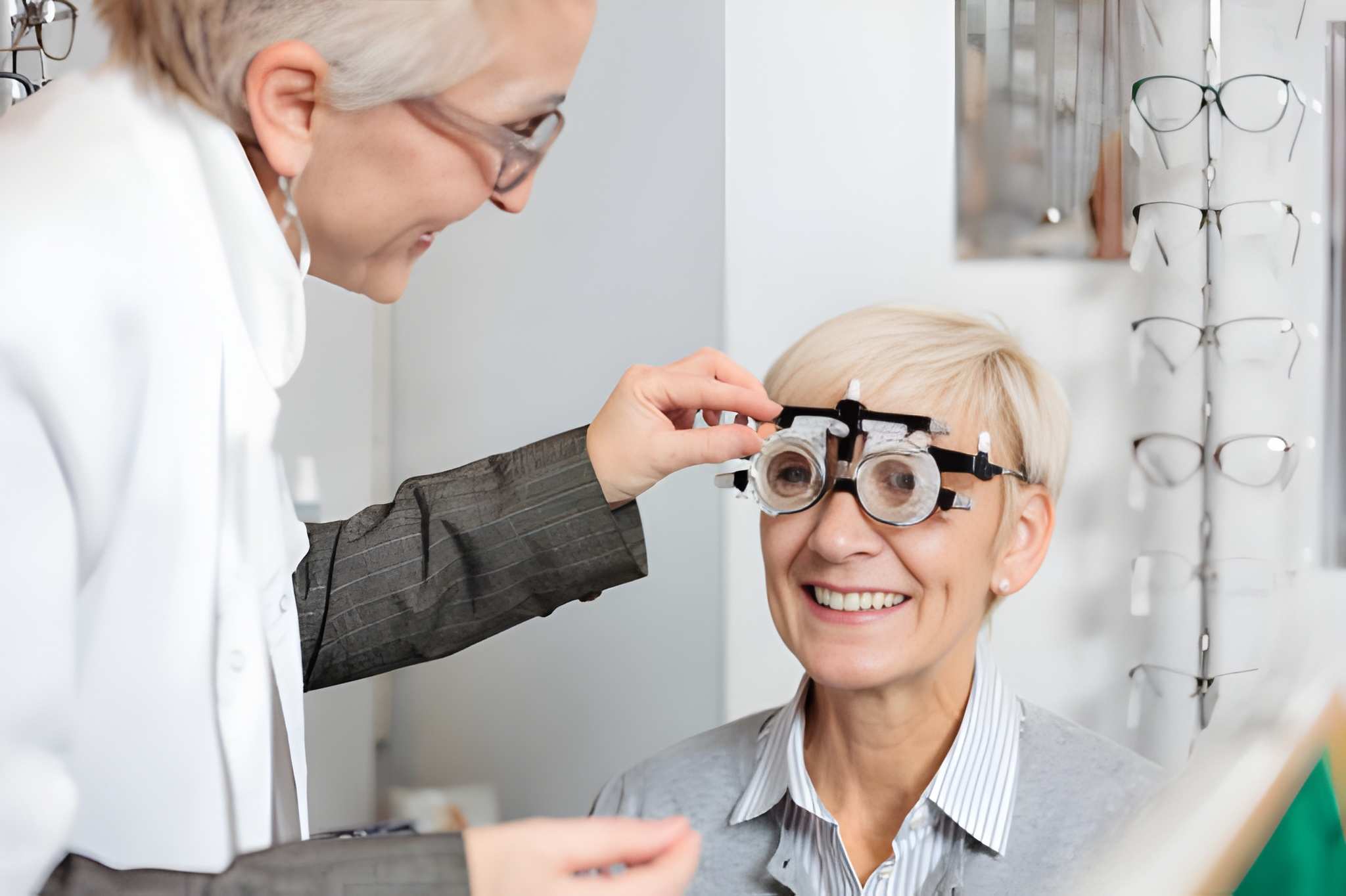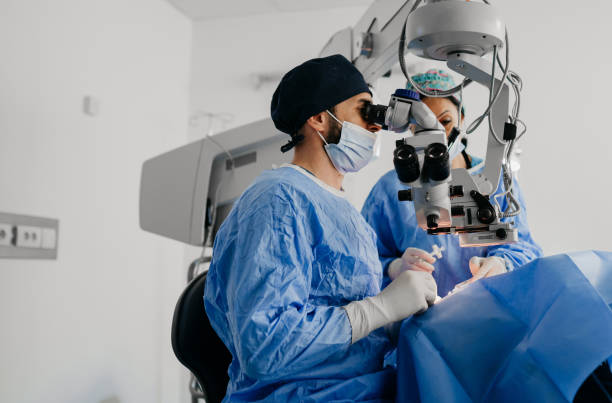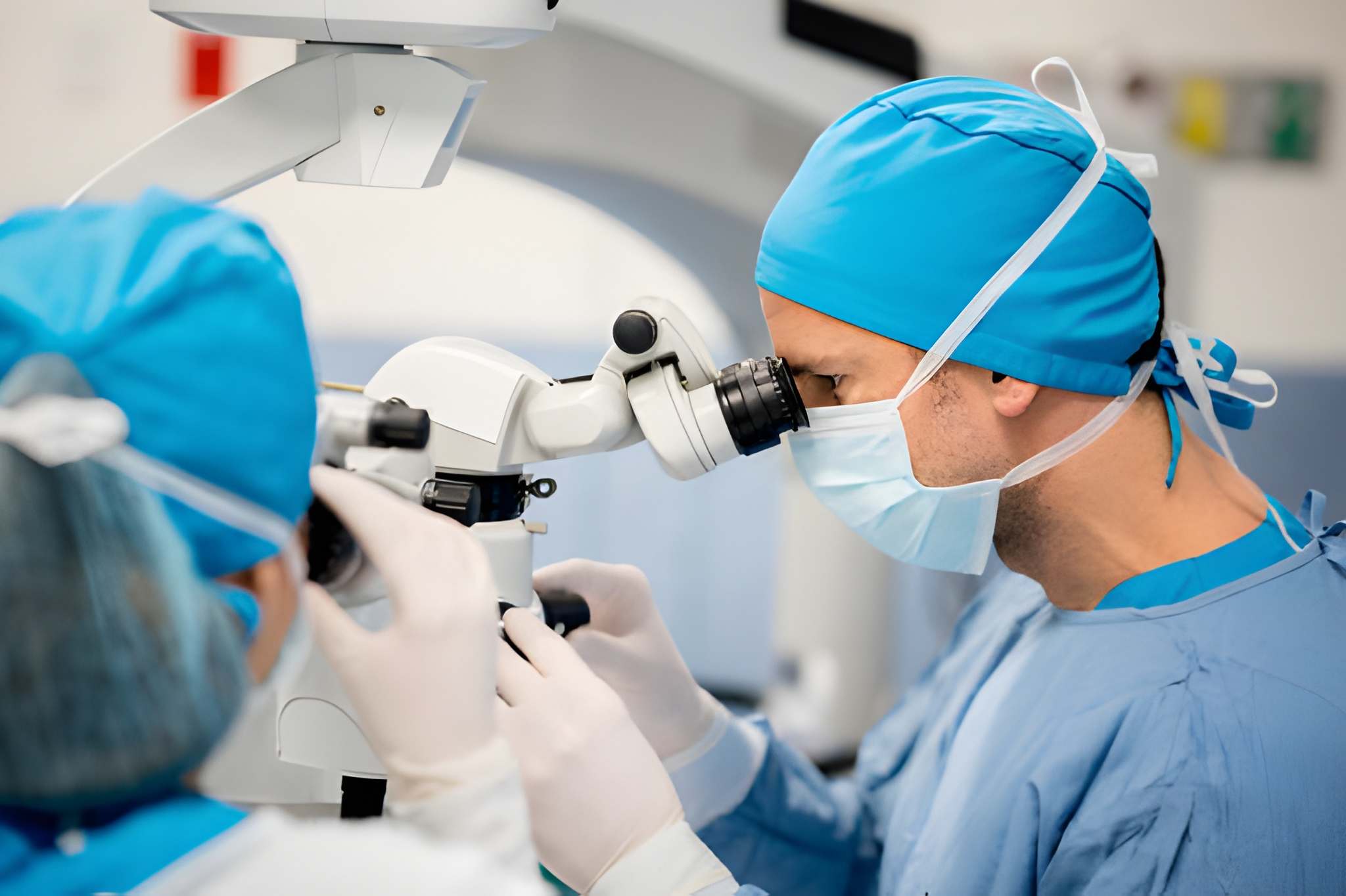Choosing the right eye doctor is an important decision that directly affects your vision health and overall well-being. Many people are unsure whether to see an optometrist, ophthalmologist, or optician, and this confusion often delays proper treatment. This guide explains how to make the right choice, what to look for in an eye care professional, and how to prepare for your visit.
Why Finding the Right Eye Doctor Matters
Vision problems are more common than most people realize, and regular eye exams can help detect not only vision changes but also serious health conditions such as diabetes, high blood pressure, and glaucoma.
Impact of Regular Eye Exams on Vision Health
- Early detection of refractive errors (near-sightedness, far-sightedness, astigmatism).
- Prevention of progressive conditions like macular degeneration or cataracts.
- Monitoring changes that may affect driving, reading, or daily comfort.
Risks of Choosing the Wrong Specialist
- Delayed diagnosis of serious eye diseases.
- Incorrect treatment or unnecessary expenses.
- Missed opportunities for preventive care.
Types of Eye Care Professionals Explained
Not every eye care professional provides the same services. Understanding the differences can help you choose correctly.
Optometrists and Their Role
- Provide routine eye exams and vision tests.
- Prescribe glasses and contact lenses.
- Diagnose and manage some eye conditions.
Ophthalmologists and Surgical Treatments
- Medical doctors specializing in eye care.
- Can perform surgeries (cataract, LASIK, retinal procedures).
- Treat advanced eye diseases like glaucoma and diabetic retinopathy.
Opticians for Eyewear Support
- Help fit and adjust glasses or contact lenses.
- Provide advice on lens options and coatings.
- Do not perform eye exams or prescribe treatments.
Factors to Consider Before Choosing an Eye Doctor
Selecting the right professional requires more than convenience. Consider these key factors:
Credentials and Certifications
Always check if the professional is licensed and board-certified. This ensures proper training and ongoing education.
Experience with Specific Eye Conditions
If you have conditions like glaucoma, diabetes, or a family history of eye disease, seek a doctor with specialized experience.
Clinic Location and Accessibility
A conveniently located clinic encourages regular check-ups and makes emergency visits easier.
Use of Modern Diagnostic Technology
Advanced equipment can detect early signs of disease and improve treatment accuracy.
Signs It’s Time to See an Eye Doctor
Many people wait too long before booking an appointment. These are signs you should not ignore:
Common Symptoms That Require Immediate Attention
- Sudden blurred vision or double vision.
- Eye pain or frequent headaches.
- Sensitivity to light.
- Flashes, floaters, or sudden vision loss.
Preventive Check-Ups by Age Group
- Children (before school age): To rule out lazy eye or crossed eyes.
- Adults under 40: Every 2 years unless symptoms appear.
- Adults 40–60: Every 1–2 years to monitor age-related changes.
- Seniors over 60: Annually, due to higher risk of cataracts, glaucoma, and macular degeneration.
How to Prepare for Your Eye Doctor Appointment
A little preparation helps you get the most out of your visit.
Questions You Should Ask During the Visit
- What is causing my vision changes?
- Are there lifestyle adjustments I can make?
- Do I need medication, surgery, or just new glasses?
What to Bring for a Smooth Check-Up
- Current glasses or contact lenses.
- List of medications and medical history.
- Insurance details (if applicable).
Understanding Your Prescription and Next Steps
Ask the doctor to explain your prescription in simple terms. Clarify follow-up schedules, treatment options, and preventive steps.
Frequently Asked Questions (FAQ)
How often should you visit an eye doctor?
Most adults should have an exam every 1–2 years, but high-risk patients may need annual check-ups.
Is it better to see an optometrist or ophthalmologist first?
For routine vision checks, start with an optometrist. If you have serious symptoms or need surgery, an ophthalmologist is more appropriate.
Can an eye doctor detect other health problems?
Yes. Conditions like diabetes, hypertension, and even neurological disorders can sometimes be detected during an eye exam.
Final Thoughts
Finding the right eye care professional is not just about convenience — it’s about safeguarding your vision and health. Whether you need a routine exam, treatment for a condition, or surgical care, understanding the differences between specialists and knowing what to look for will help you make the best choice.



